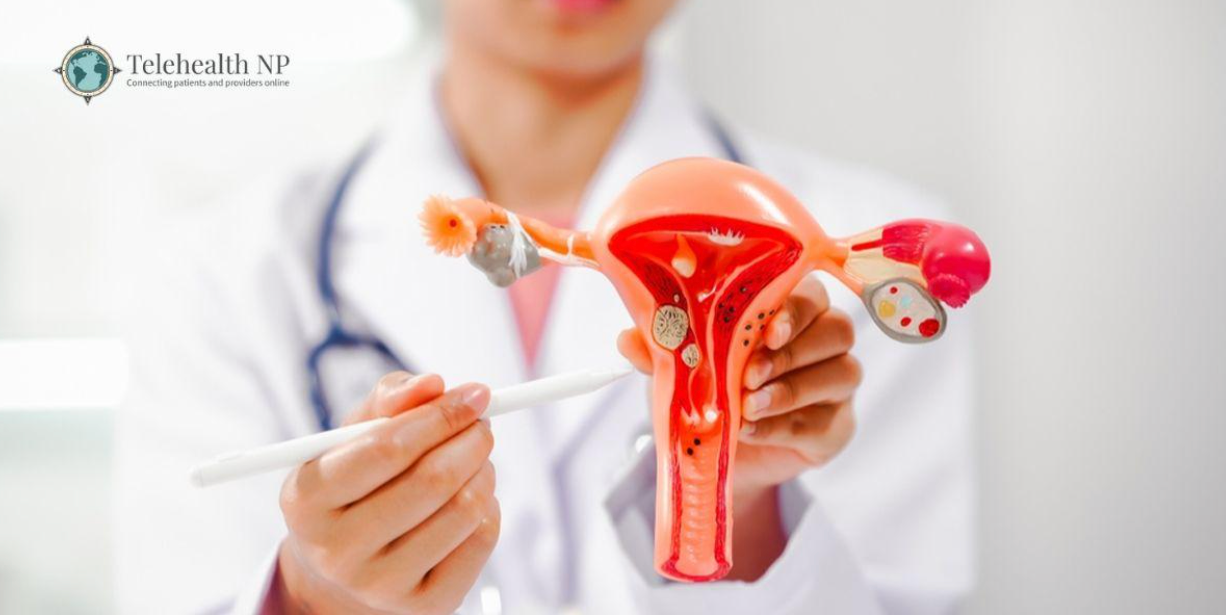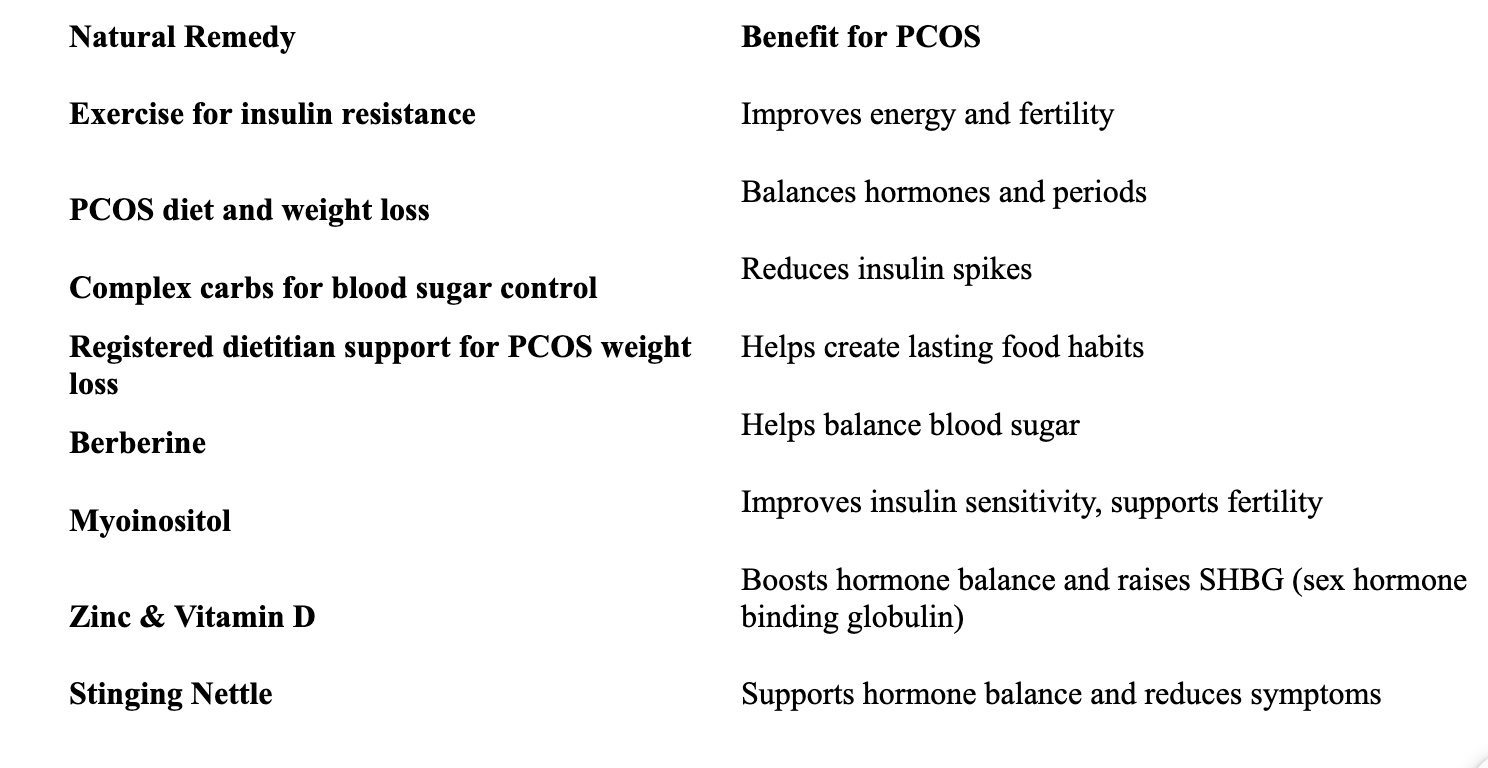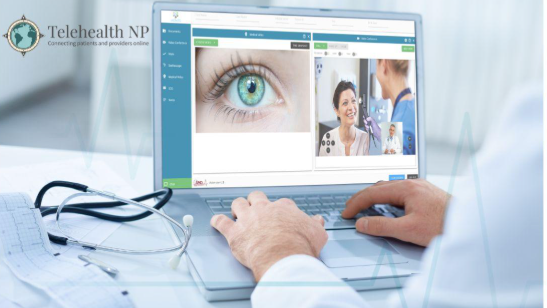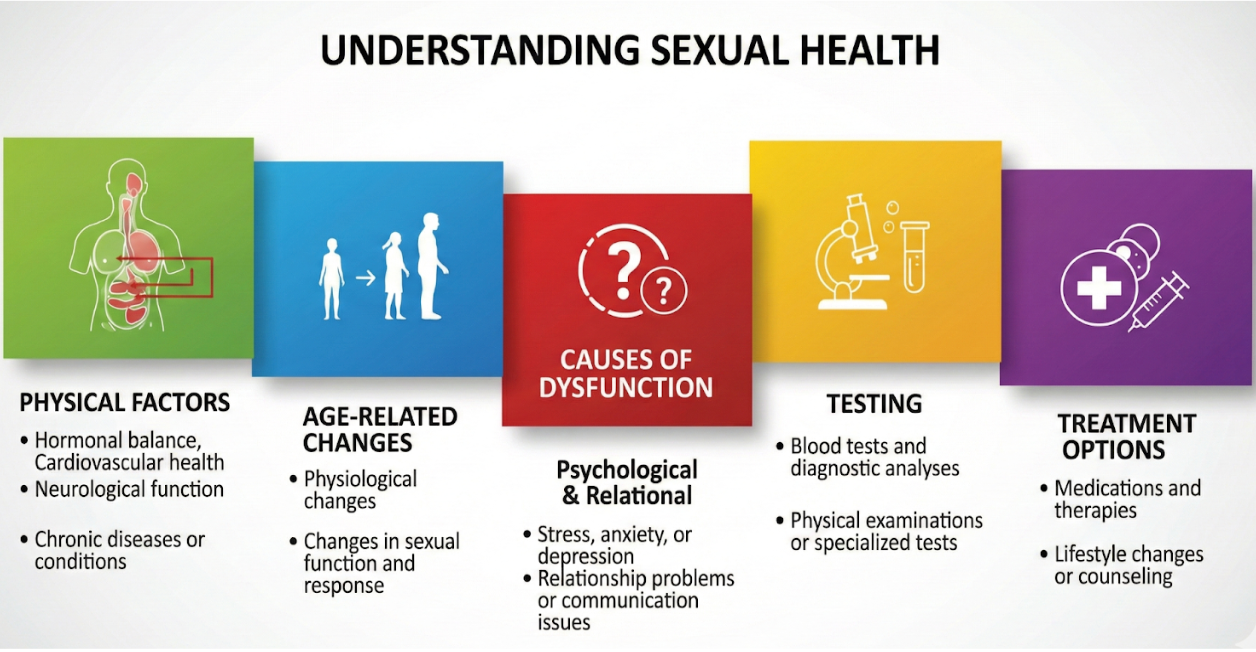PCOS Treatment: Natural Ways to Improve Health and Fertility
Living with Polycystic Ovary Syndrome, or PCOS, can feel like a constant uphill journey. It not only changes your body but can also influence your emotions and plans for the future. Many women in the USA struggle with menstrual irregularities, PCOS, weight shifts, or excess hair growth, wondering if there’s a better way to heal.
The good news is that PCOS treatment is not always about strong medications. With the right mix of natural remedies, lifestyle changes for PCOS, and emotional support from partners, women can reclaim balance. Small daily steps can bring big improvements in health, confidence, and fertility.

Key highlights:
- Natural lifestyle changes like eating well, staying active, managing weight and supplements can make PCOS easier to live with.
- Understanding your body and learning its signals helps you take charge of your health and fertility.
- Fertility tracking apps can guide women with PCOS by showing patterns and making cycles easier to follow.
- Support from a caring partner makes treatment easier, helping couples face PCOS together with hope.
What PCOS Means for Women’s Health and Fertility
PCOS is a hormonal disorder that affects millions of women in the USA. It often starts with menstrual irregularities PCOS, which means your periods may be delayed, missed, or unpredictable. Other signs include weight changes in PCOS, excess hair growth PCOS, and skin issues like acne. Doctors use several PCOS diagnosis methods, such as pelvic exam for PCOS, blood tests for hormone imbalance, and ultrasound for ovaries PCOS to confirm the condition.
Beyond symptoms, PCOS can bring long-term concerns. Women face a higher endometrial cancer risk PCOS due to endometrial lining overgrowth, heart problems linked to elevated cholesterol and triglycerides, and challenges with fertility. Many women discover their condition only when they try to conceive and learn about infertility and PCOS treatment. This is why early care and awareness matter. A mix of natural strategies and medical guidance gives the best chance of improving both health and fertility.
How Alternative Medicine Can Support PCOS Treatment
Some women find relief in alternative approaches alongside traditional care. For example, acupuncture may calm stress and help with hormone balance. Herbal teas, like spearmint or cinnamon, can support blood sugar control and hormone health. In Ayurveda, herbs such as ashwagandha are often used to manage symptoms. While these options should never replace medical advice, they may help when combined with other lifestyle changes for PCOS.
Doctors in the USA still recommend proper testing, such as
glucose tolerance test PCOS and
fasting cholesterol and triglyceride levels, to measure risks. Yet, using safe natural methods with doctor-approved treatments like
birth control pills for PCOS or
metformin PCOS treatment can give women better balance. Letrozole is the first-line treatment for anovulation in PCOS. Depending on an individual’s unique situation, combining methods can help women regain energy and improve fertility. GLP1s are also very effective for lowering insulin, improving blood sugar levels, and promoting weight loss.

Simple Natural Remedies and Lifestyle Tips for PCOS
The most powerful tool for managing PCOS is your daily routine. A healthy diet and regular movement can transform your body. Experts suggest a low-carbohydrate diet PCOS or one rich in complex carbohydrates PCOS to control sugar levels. Pairing a low-calorie diet combined with moderate exercise helps improve insulin function. In fact, research shows that losing 5% body weight improves fertility in many women.
Below is a simple table that shows useful natural habits for PCOS:

These changes, though small, build a strong foundation for long-term health. Pairing them with medical treatments like clomiphene for ovulation PCOS or letrozole for PCOS fertility can increase your chance of pregnancy while improving daily life.
Learning to Understand Your Body with PCOS
Living with PCOS means paying attention to your body’s signals. Doctors often begin with a discussion of symptoms and medical history, followed by a physical exam for signs of androgen excess. Over time, keeping a personal journal of cycles, moods, and body changes can help you notice patterns. This self-awareness is just as valuable as formal testing.
Sometimes doctors suggest
hormone testing to exclude other causes. Tracking also helps you explain your experience during your
appointment with a gynecologist or endocrinologist. Asking the right questions ensures you get clear answers. In the USA, many women combine medical visits with personal tracking apps, journals, or even group support communities to stay informed and motivated.

Using Fertility Tracking Apps to Manage PCOS
Technology has opened new doors for women managing PCOS. Fertility apps like Flo, Clue, Inito, and Ovia allow you to log periods, symptoms, moods, and ovulation signs. These tools give a better picture of how PCOS affects long-term health risks. While not perfect, they make it easier to see trends that may be invisible otherwise.
Doctors now encourage using apps together with tests, such as screening for depression and anxiety in PCOS patients and screening for obstructive sleep apnea. Combining medical results with app data creates a full picture of your health. Many women in the USA have found this method more engaging and less stressful than relying on memory alone.
How Male Partners Can Help in PCOS Treatment and Fertility
PCOS is not only a woman’s struggle; it affects couples. Male partners play a huge role in success. Support can be emotional, like listening and being patient, or practical, like joining a low-carbohydrate diet to reduce insulin levels or exercising together. When couples take part in healthy habits, it strengthens the bond and makes the journey easier.
Partners can also learn about treatments such as
clomiphene as first-line fertility treatment ( no longer true- used if letrozole fails),
letrozole is first line treatment (Femara) for ovulation stimulation, and
in vitro fertilization for PCOS infertility. By understanding these options, they can provide real support during appointments and decisions. Many women report feeling less alone when their partner is informed and involved.

Healing Together: How Couples Can Reclaim Health and Hope
Healing from PCOS is not only about medicines. It is about building a supportive lifestyle. Couples who focus on joint goals often see better results in both health and relationships. Shared meals, workouts, and stress relief methods all help. Success stories in the USA often show couples turning PCOS from a struggle into a team effort.
Hope grows stronger when couples know the wide range of options. From spironolactone to block androgen effects, spironolactone for acne and hair growth, or eflornithine cream PCOS for hair management, to choices like electrolysis vs laser hair removal for PCOS, there are solutions for nearly every symptom. Knowing this together creates confidence. With love, patience, and the right PCOS treatment, many couples find new balance and even start the families they dreamed of.
Final Thoughts on PCOS Treatment and Fertility
PCOS does not mean the end of your dreams. With lifestyle changes for PCOS, medical care, and natural methods, you can improve both health and fertility. Remember to ask questions to ask your health care provider, and always combine natural remedies with safe medical care. Every small step matters. With the right support, you can reclaim your health and move forward with hope.
FAQs:
Q: Can PCOS be treated without medication?
Yes. PCOS can often be managed with lifestyle changes for PCOS such as a healthy diet, regular exercise, weight management, and stress reduction. These steps can improve hormones, reduce symptoms, and support fertility without medication.
Q: What is the best treatment for PCOS?
The best PCOS treatment depends on your symptoms and health goals. For some women, natural changes like a PCOS diet and weight loss help most. Others may need medicines to regulate periods, balance hormones, or improve fertility.
Q: Why did you mention 4 stages if there aren’t 4?
PCOS doesn’t have fixed stages like other diseases. However, many women notice changes over time, such as menstrual irregularities PCOS, insulin resistance PCOS, skin issues like acne, and later challenges with fertility. Early care helps manage these better.
Q: What foods should to avoid in PCOS?
Women with PCOS should limit sugary foods, refined carbs like white bread, and processed snacks. Instead, focus on protein, healthy fats, and if carbohydrates are consumed, use
complex carbohydrates. Fill your diet with plenty of vegetables and fiber to help control blood sugar and hormone levels.










